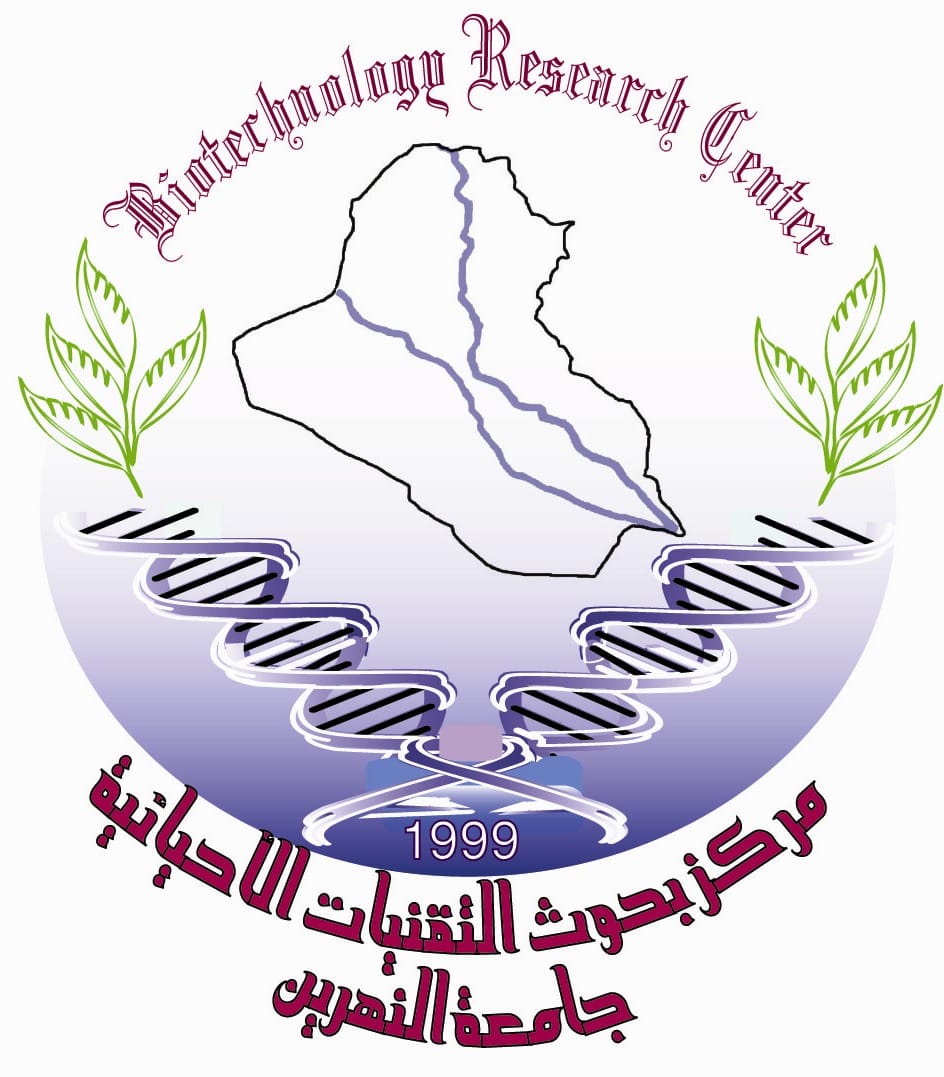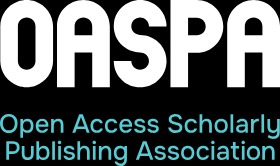Curing of Escherichia coli Antibiotic Resistance Plasmids by Aspirin
DOI:
https://doi.org/10.24126/jobrc.2014.8.1.296Keywords:
Antibiotic, Plasmids, AspirinAbstract
An isolate of Escherichia coli (E. coli) was isolated from urine sample due to person infected with urinary tract infection (UTI).The isolate was resistant to the following antibiotics: Ampicillin, Cotrimoxazole, Chloramphenicol and Tetracycline. Agarose gel electrophoresis of its plasmids content has revealed the presence of single large plasmid and two small plasmids bands. The large plasmid was conjugative and contained the resistance genes for four antibiotics. In vitro curing of this plasmid was achieved by treatment with salicylic acid (aspirin) with 150,200,250 and 300 µg/ml as indicated by the elimination of resistance, also by absence of large plasmid band following agarose gel electrophoresis. In vivo curing was conducted using New Zealand rabbits. UTI was induced by bacterial inoculation via urethral catheterization. The E. coli from urine samples of the rabbits, the count of which was proportional to the type of treatment. Minimum number of colonies was associated with group treated with metheprim was aspirin 300mg/kg daily dosage. This result may indicate that the side effect of metheprim was in its maximum with aspirin. Survivor bacteria may indicate incomplete exposure to the drug.
Downloads
Published
How to Cite
Issue
Section
License
This is an Open Access article distributed under the terms of the creative commons Attribution (CC BY) 4.0 license which permits unrestricted use, distribution, and reproduction in any medium or format, and to alter, transform, or build upon the material, including for commercial use, providing the original author is credited.











